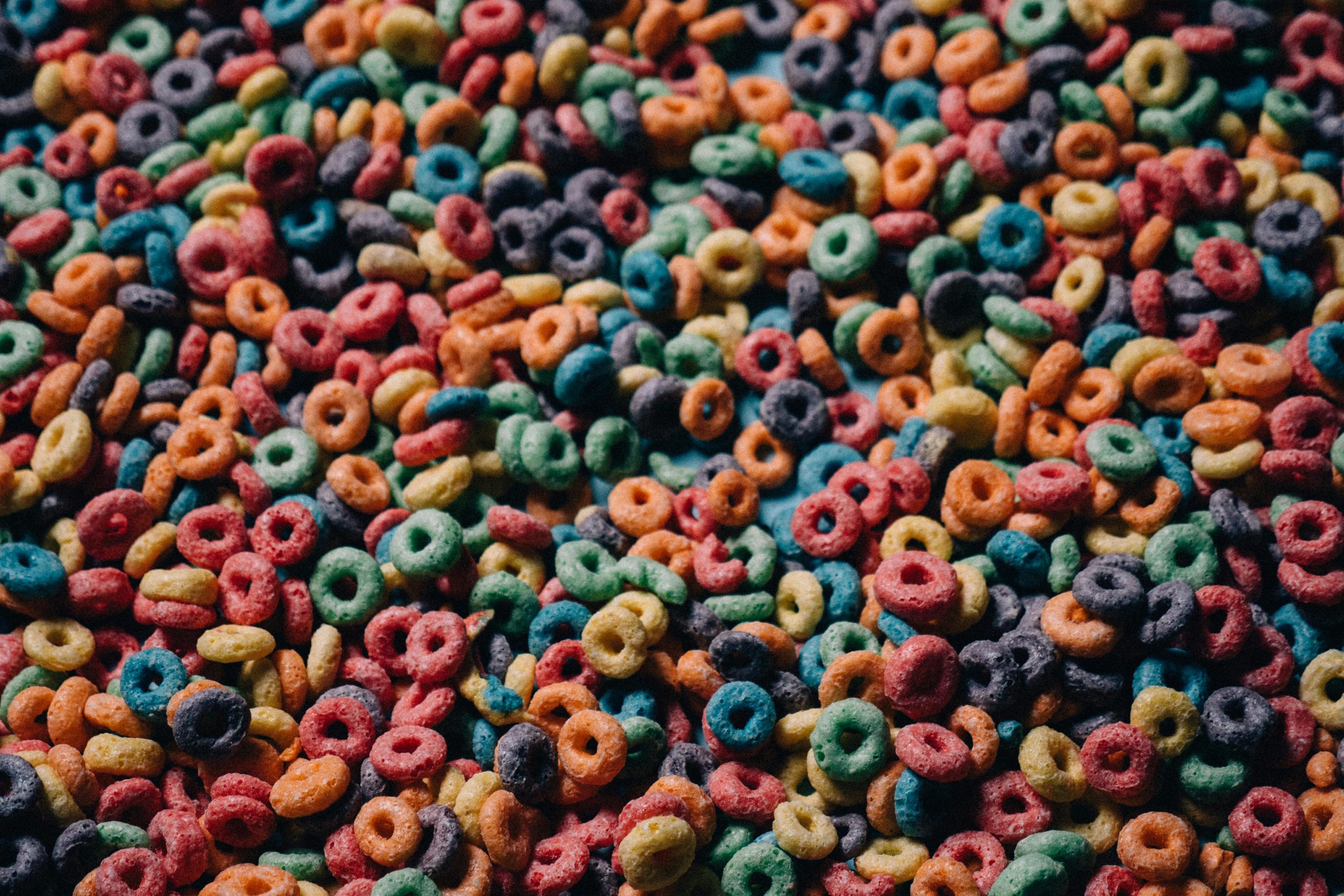In recent years, our food has become more convenient, processed, and packaged than ever before. Ultra-processed foods (UPFs) dominate grocery shelves and fast food menus, offering an easy way to eat on the go. However, lurking behind their convenience is a concerning reality: these foods are increasingly laden with harmful chemicals, including endocrine-disrupting phthalates. As awareness of the dangers of UPFs grows, so does the need to protect ourselves from the potentially devastating health effects these chemicals can cause.
What Are Phthalates, and Why Are They in Food?
Phthalates are a group of chemicals commonly used in food packaging, especially in plastic wraps, containers, and food processing equipment. These chemicals help improve the flexibility and durability of plastics, but they are also notorious for their ability to leach into food. Studies have shown that phthalates can enter the human body through food that comes into contact with these materials, leading to potential health risks.
Phthalates are classified as endocrine disruptors, meaning they interfere with hormone systems. This can lead to a range of adverse health outcomes, including fertility issues, developmental delays in children, and an increased risk of chronic diseases like diabetes and obesity. Research by the National Institute of Environmental Health Sciences links exposure to phthalates with various health problems, making it clear that we should be concerned about their presence in our food.
The Link Between Ultra-processed Foods and Chemical Exposure
The problem is not just limited to the chemicals used in packaging. Ultra-processed foods often contain a variety of additives, preservatives, colorants, and flavor enhancers, many of which are harmful. These foods are typically made from cheap, low-quality ingredients, which are then heavily processed to extend shelf life, improve taste, and create convenience.
A major concern with UPFs is that the chemicals they contain often accumulate in the body over time, leading to higher levels of exposure. According to studies from Environmental Health Perspectives, the consumption of processed foods is linked to higher phthalate concentrations in urine, which is a marker of internal exposure. This poses a significant health threat, especially when these chemicals are consumed regularly over long periods.
The Dangers of Long-Term Exposure
Long-term exposure to phthalates and other chemicals commonly found in ultra-processed foods has been linked to a variety of health issues. Research suggests that these chemicals may contribute to the development of metabolic diseases, such as obesity and type 2 diabetes. Additionally, there is growing concern over their impact on mental health, with some studies suggesting a link between phthalate exposure and cognitive disorders, mood disturbances, and even developmental delays in children.
How to Minimize Your Exposure
The good news is that there are several practical steps you can take to reduce your exposure to harmful chemicals in ultra-processed foods. Here’s how you can start:
- Choose Whole, Unprocessed Foods: Focus on fresh fruits, vegetables, whole grains, and lean proteins. These foods are naturally free from additives and chemicals.
- Avoid Plastic Packaging: Where possible, choose fresh food items that are not packaged in plastic. Opt for glass, paper, or metal packaging, which are less likely to leach harmful chemicals.
- Cook at Home: Preparing meals from scratch using whole ingredients ensures you know exactly what’s going into your food.
- Read Labels Carefully: Be cautious of food labels listing long, unpronounceable chemicals. The fewer the ingredients, the better.
- Detox Regularly: A periodic detox, such as a Longevity Detox Program, can help your body flush out accumulated toxins and reset your system. This program focuses on eliminating harmful chemicals and rejuvenating your metabolism, allowing you to feel your best and reduce the impact of environmental pollutants.
As the consumption of ultra-processed foods continues to rise, so does our exposure to harmful chemicals like phthalates. These chemicals pose significant risks to our health, particularly when consumed regularly over time. By being mindful of the foods we eat and making simple changes such as avoiding plastic packaging and choosing whole foods – we can take control of our health and reduce our exposure to toxic chemicals. If you’re looking for a more structured approach to detoxification, consider programs like the Longevity Detox to help you reset your body and reduce chemical load. However, if you are still not sure which detox program would fit you the best, you can always take a Cellular Inflammation Assessment.
Protecting yourself from harmful chemicals in food is not just about being cautious; it’s about taking proactive steps to safeguard your long-term health!







